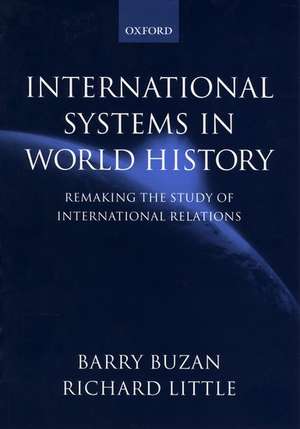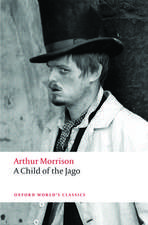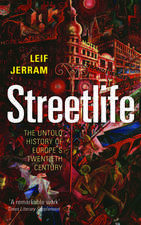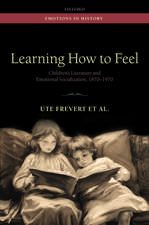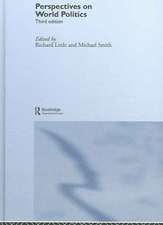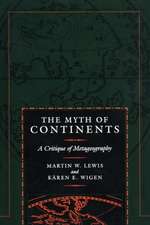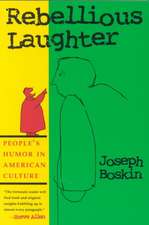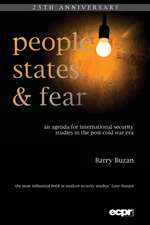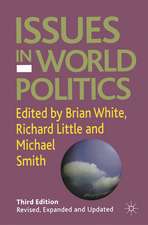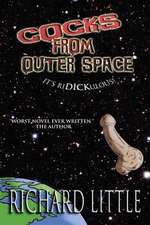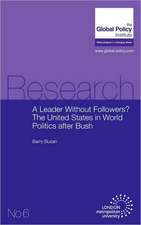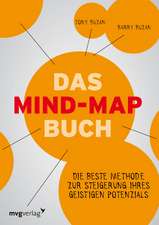International Systems in World History: Remaking the Study of International Relations
Autor Barry Buzan, Richard Littleen Limba Engleză Paperback – 13 apr 2000
Preț: 376.33 lei
Preț vechi: 428.07 lei
-12% Nou
Puncte Express: 564
Preț estimativ în valută:
72.01€ • 75.19$ • 59.46£
72.01€ • 75.19$ • 59.46£
Carte tipărită la comandă
Livrare economică 04-10 aprilie
Preluare comenzi: 021 569.72.76
Specificații
ISBN-13: 9780198780656
ISBN-10: 0198780656
Pagini: 472
Ilustrații: line illustrations and maps
Dimensiuni: 171 x 246 x 23 mm
Greutate: 0.8 kg
Ediția:New.
Editura: Oxford University Press
Colecția OUP Oxford
Locul publicării:Oxford, United Kingdom
ISBN-10: 0198780656
Pagini: 472
Ilustrații: line illustrations and maps
Dimensiuni: 171 x 246 x 23 mm
Greutate: 0.8 kg
Ediția:New.
Editura: Oxford University Press
Colecția OUP Oxford
Locul publicării:Oxford, United Kingdom
Recenzii
'This is an outstandingly good book, which succeeds on many different levels.The book is exceptionally well structured and well written. There is so much in this book for so many types of scholars of International Relations. I am certain that this book will be seen over time not only as one of the most intellectually impressive mergers of theory and history in the field, but also as a massive advance on US-style neo-realism. I thoroughly enjoyed reading this book, not least because I became fascinated with the argument, and found myself nodding in admiration as the authors pulled off the feat of bringing all the elements together into a powerful and intellectually impressive discussion of the types of international system found in world history. This is one of the most important books published in the last decade and for intellectual sophistication it leave neo-realism US-style standing, but also drowning.' International Affairs 76:4 (2000) 833-4.
Notă biografică
Barry Buzan is Research Professor of International Studies at the University of Westminster and Project Director of the European Security Group at the Copenhagen Peace Research Institute. Prior to this he was Professor of International Relations at the University of Warwick. He has been visiting professor at the International University of Japan and has also been an Olof Palme visiting professor and adviser on foreign affairs to the Swedish government. He is the author of numerous books on International Relations and from 1988-90 was the Chairman of the British International Studies Association.Richard Little is Professor of International Politics in the Department of Politics at the University of Bristol. Before this he was at the Open University and Lancaster University and has held fellowships at the University of Auckland in New Zealand and the Australian National University. He was editor of the Review of International Studies from 1990-94 and is currently Vice Chair of the B
